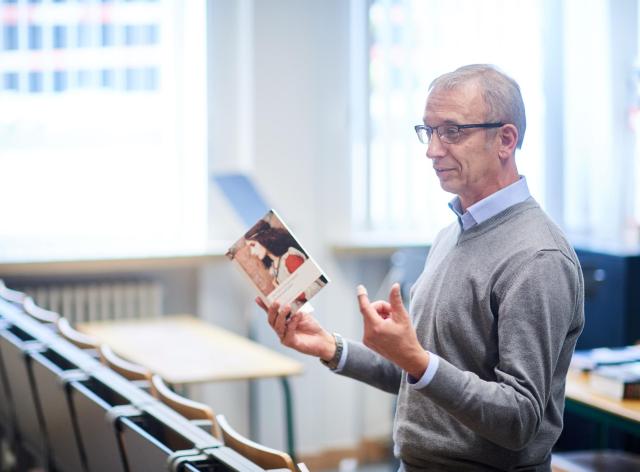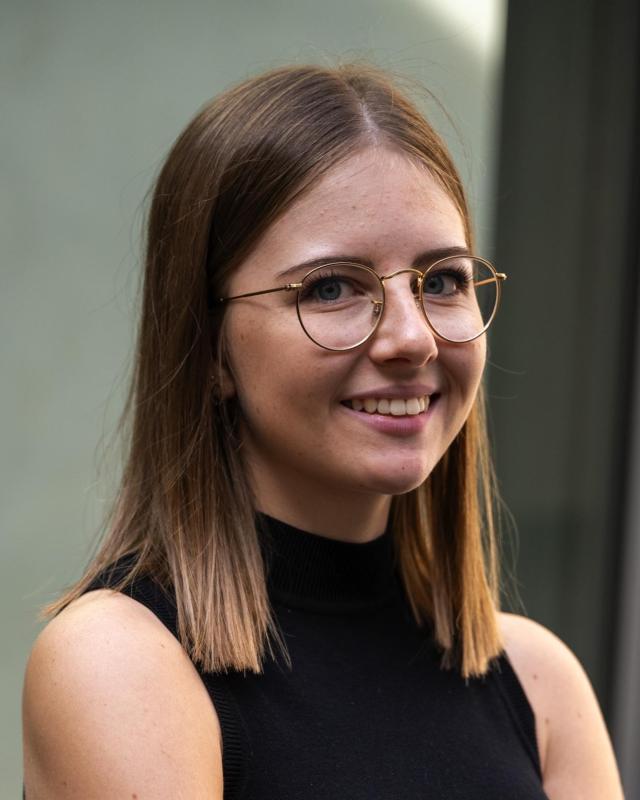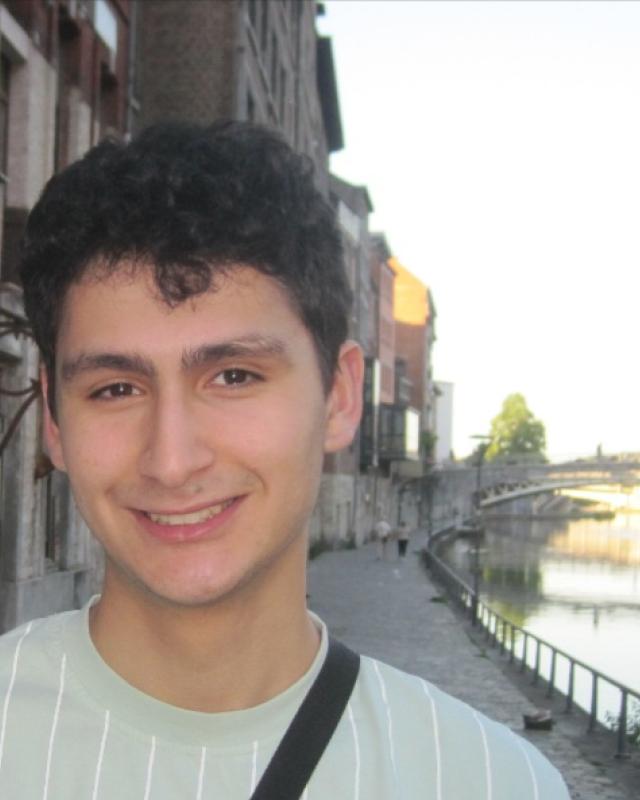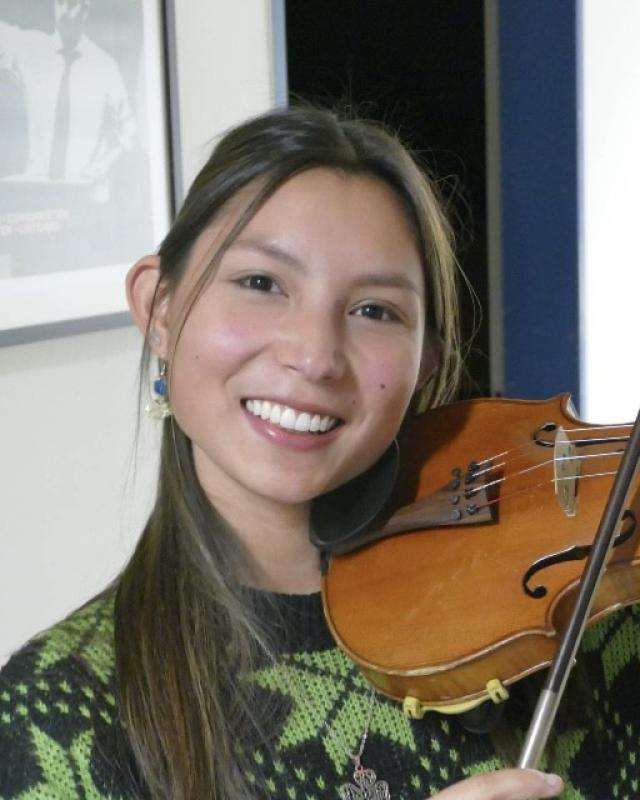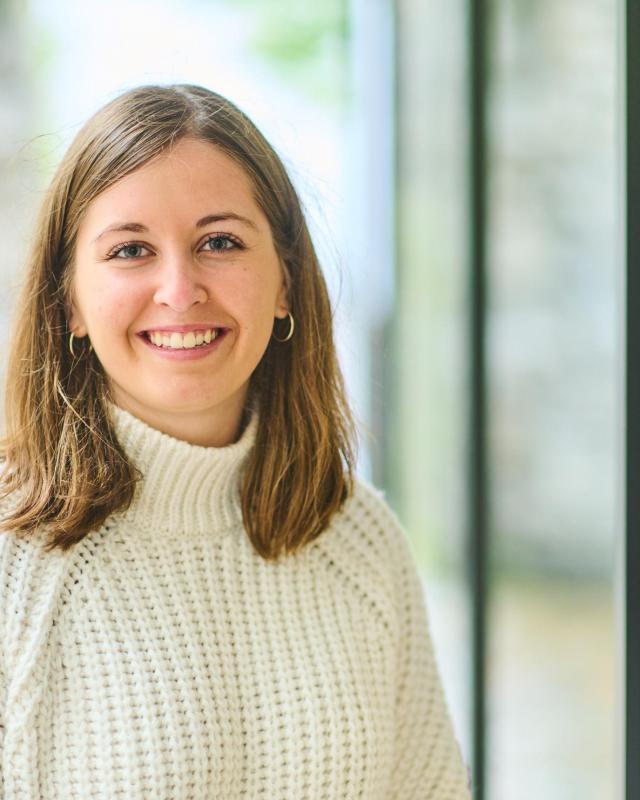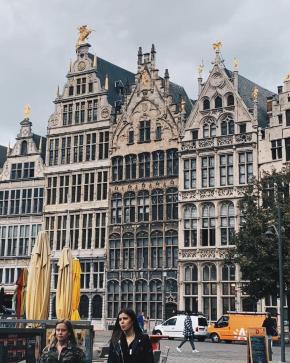"If you talk to a man in a language he understands, that goes to his head. If you talk to him in his language, that goes to his heart." - Nelson Mandela
Studying Germanic languages and literature offers you much more than mastering communication in Dutch, English or German.
It also offers you a "journey" through the linguistic, literary, cultural, socio-political and media landscapes of Dutch-, English- or German-speaking countries, and enables you to acquire intercultural skills in high demand on the Belgian and international job markets.
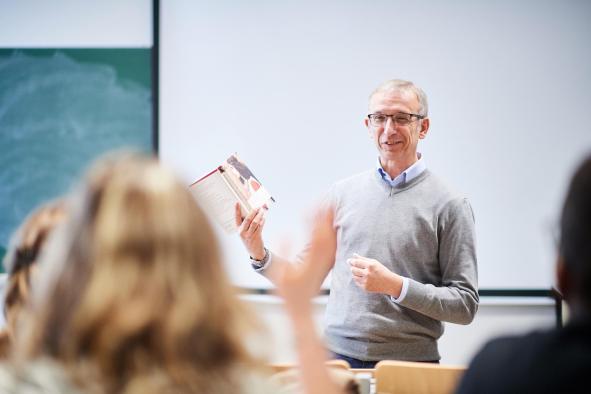
They tell you about Germanic languages and literature
The strengths of Germanic languages and literature at UNamur
- in-depth mastery of two Germanic languages: Dutch, English or German;
- a pedagogy based on maximum immersion;
- many didactic trips and cultural activities;
- support for your personal progress : via coaching and reinforcement sessions with your teachers and the teaching team;
- involvement in teachers' scientific projects from the outset;
- (inter)national mobility or Erasmus to open up your horizons and, why not, introduce you to a 3rd language (Spanish, Gaelic, Italian, Japanese, Russian...).


